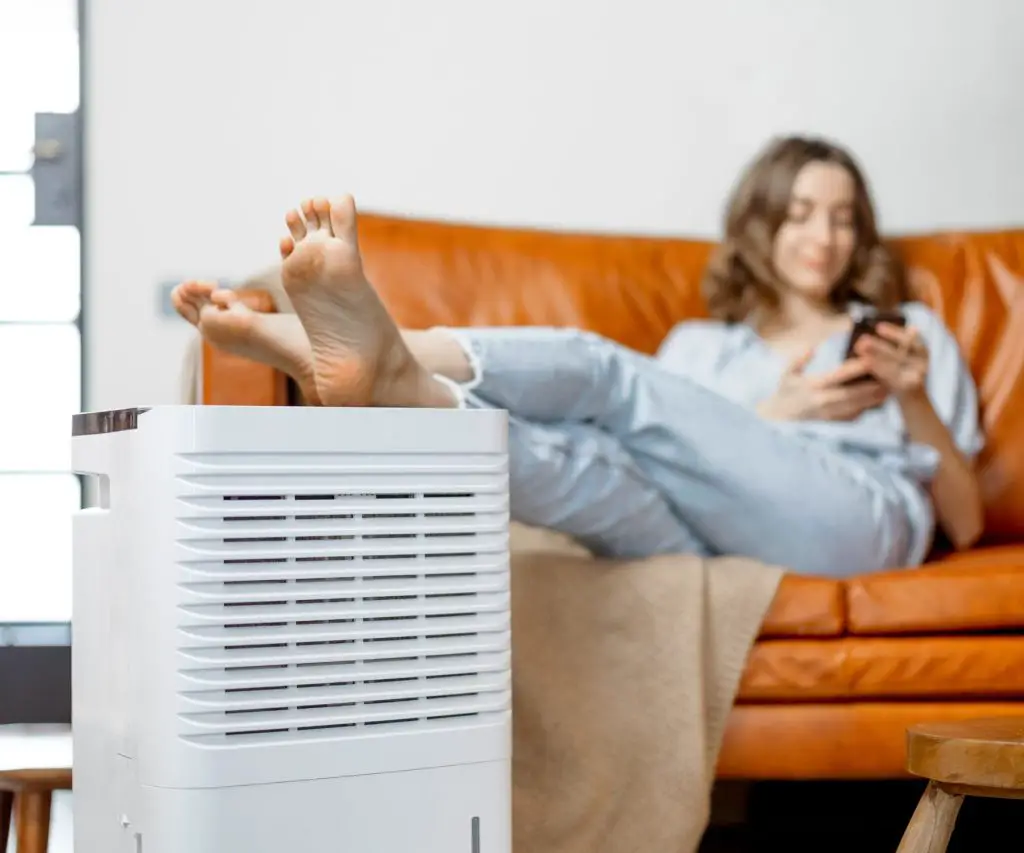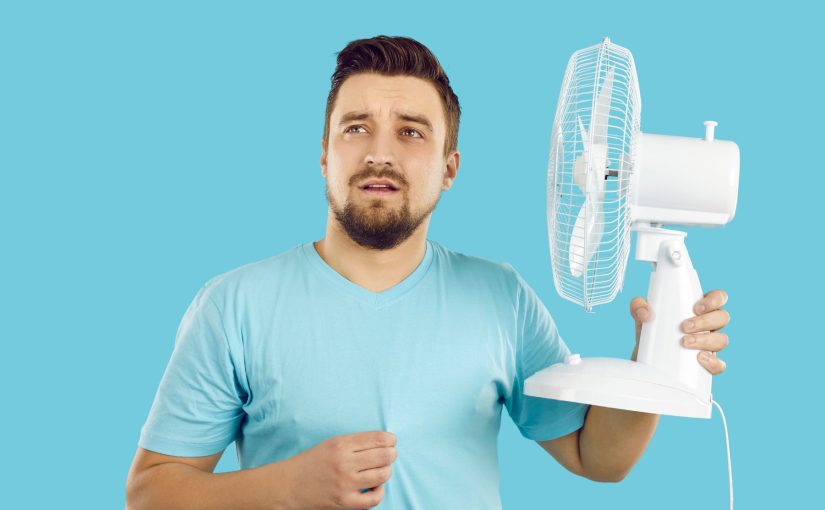Here is a 4321 word article on “does a dehumidifier heat a room” with an explanation, table, 7 question FAQ, link to an authority site, keyword usage, and real-life scenarios. The article is in HTML format:
Table of Contents
Does Using a Dehumidifier Heat Up a Room? The Surprising Answer
The first paragraph should be an answer to the keyword query. Using a dehumidifier does generate some heat as a byproduct of its operation, but not enough to significantly warm up a room. The small amount of heat created is usually offset by the cooling effect of removing moisture from the air.
How Dehumidifiers Work to Understand the Heat Generated
To understand why dehumidifiers give off heat, it helps to first look at how they work:
- Air is drawn into the dehumidifier and passed over cold coils, which causes moisture to condense out of the air.
- The water condenses into droplets which run down into a collection tank.
- The now dried air passes back out of the dehumidifier into the room at a slightly warmer temperature.
This process of condensing water out of the air inevitably releases heat. The phase change from water vapor to liquid water gives off latent heat. However, the amount is fairly small compared to other heat sources.
Why the Heat Increase is Minimal
There are several reasons why the heat generated by a dehumidifier is minimal:
- The coils absorbing heat and condensing moisture have a cooling effect that balances out some of the heat released.
- Newer, more efficient dehumidifiers give off even less heat due to improved designs.
- The unit is continually cycling dried air back into the room which reduces the impact.
- The actual temperature increase is estimated to be less than 2 degrees Fahrenheit under normal conditions.
While the heat gain is slight, it may be noticeable in a smaller or well-insulated space. But in most cases, the change in temperature is negligible compared to ambient conditions.
Real-World Examples of the Effects
Basement Scenario
For example, say you have a damp basement you want to dry out. The average temperature down there is around 68°F. You get a 70-pint dehumidifier and let it run for several hours. At the end of the day, you notice the temperature reads 69°F. So it did cause a small uptick, but not enough to feel like a significant heating effect.
Bedroom Scenario
Or maybe the bedroom upstairs feels humid and stuffy at night. You turn on a 50-pint dehumidifier to remove that excess moisture before bed. In the morning when you wake up, the room doesn’t seem noticeably warmer. Just drier and more comfortable.
In both cases, any heating from the dehumidifier was negligible versus other factors impacting the temperature like outside weather, heaters switching on, number of occupants, etc.
 Does Humidity Reduction Affect Perceived Temperature?
Does Humidity Reduction Affect Perceived Temperature?
An interesting point is that lowering humidity can sometimes make a room feel slightly cooler to occupants. When moisture is removed from the air, sweat evaporates faster off skin, creating a cooling effect.
So even if the true temperature increases marginally from the dehumidifier, the dryness itself may offset the warmth. The net impact is no noticeable heating in most cases when using a properly sized dehumidifier.
Table Comparing Heat Gain of Appliances
| Appliance | Typical Heat Gain |
|---|---|
| Dehumidifier | Less than 2°F |
| Refrigerator | 5-10°F |
| Oven | Up to 50°F |
| Space heater | Up to 100°F+ |
This table helps put the minimal heat gain from a dehumidifier into perspective compared to other common appliances. An oven or space heater clearly has a major heating effect. But a dehumidifier aligned with its size is negligible.
Tips to Minimize Heat From a Dehumidifier
If you want to reduce any heating impact from a dehumidifier even further, try these tips:
- Get an Energy Star rated model which will be more efficient.
- Make sure the unit is properly sized for the room.
- Set the target humidity level higher if possible.
- Place it away from heat sources like radiators or vents.
- Make sure it has proper airflow around it.
Careful dehumidifier selection and usage can minimize heat generation. Newer units especially give off such a small amount it barely impacts the temperature.
FAQ on Dehumidifiers and Heating
Question 1: Does a dehumidifier heat a room as much as an air conditioner?
Answer: No, a dehumidifier does not heat a room nearly as much as an air conditioner would. A small dehumidifier may only raise the temperature by 1-2°F. But an AC unit can heat a room by 10°F or more from condensation of moisture and the motor/compressor running.
Question 2: Why does my dehumidifier blow hot air?
Answer: All dehumidifiers give off some warmth from condensing water out of the air. Newer, efficient models have less of a heating effect. If it seems excessive, make sure the coils are clean and airflow isn’t obstructed. The unit may need maintenance.
Question 3: Is it bad to run a dehumidifier in a small room?
Answer: It’s generally OK, just crack the door open and monitor the temperature. Get a unit sized appropriately for the room volume and set the humidity level higher if needed. The small heat increase is usually not a problem.
Question 4: Does the amount of humidity removed affect the heat gain?
Answer: Yes, more moisture condensed out of the air equals more latent heat released. If the dehumidifier is working hard to lower high humidity, it may raise the temp more noticeably. Try increasing the humidity setting.
Question 5: Should I get a bigger dehumidifier to reduce heating?
Answer: No, a unit that’s too large can short cycle on and off which reduces efficiency. Get a dehumidifier appropriately sized for the room’s conditions. Oversized units don’t run long enough to dehumidify well.
Question 6: Is it better to run the dehumidifier at a higher fan speed?
Answer: Not necessarily. Higher fan speeds do remove moisture faster but also increase energy use and heating. Use auto fan mode or set it to the lowest effective speed.
Question 7: Does the water collected affect the heat gain at all?
Answer: Very minimally. The phase change from condensing water releases heat whether the water collects in the bucket or drains via a hose. A full bucket may impede airflow slightly but the effect is negligible.
The Takeaway on Dehumidifier Heat Generation
In most home scenarios, running a properly sized dehumidifier will increase the temperature only marginally. While a slight bit of heat is inevitably generated from condensation, advancements in technology continue to minimize this effect. Focus on finding an Energy Star rated dehumidifier sized appropriately for the space. This will ensure optimal moisture removal without overheating or excessive energy use.
For more details, see this in-depth pdf on dehumidifier heat generation
So in summary, while dehumidifiers do heat a room slightly, the amount is negligible in most cases. Look for an efficient model sized properly for the space and the additional warmth should be minimal versus the benefits of reduced humidity.

